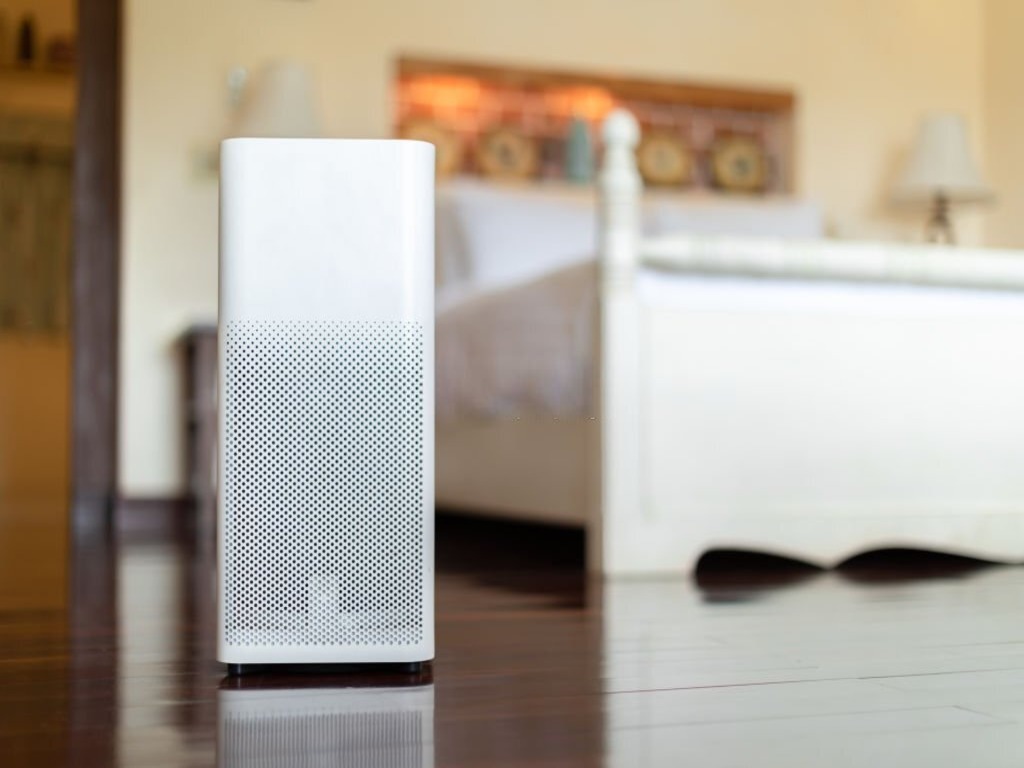
Enrolling in health insurance is essential because it can protect a person financially from the high costs of medical care. Medical expenses can arise unexpectedly. Without insurance, one may be responsible for paying for them out of pocket, which can be incredibly expensive.
Having health insurance offers peace of mind knowing that one has financial protection in a medical emergency. It also helps a person stay healthy by providing access to essential medical services and resources.
Here’s more on why it’s important to enroll in health insurance.
Protection from Health Risks and Financial Risks
Health insurance protects a person from health risks and financial risks in several ways:
– Access to healthcare services
Health insurance gives access to medical services and treatments. This means individuals can receive preventive care, diagnosis, and treatment for illnesses and manage chronic conditions that would otherwise go untreated.
– Covers the cost of medical care
This means that individuals do not have to pay for the total cost of their medical bills out of pocket. Instead, they pay a premium to the insurance company, which pays a portion of the cost of medical care.
– Financial protection
Health insurance provides financial protection during an unexpected injury or illness. It covers the costs of medical treatments and hospitalization, which can be incredibly expensive without insurance. This prevents individuals from falling into debt or bankruptcy due to medical expenses.
– Access to preventive care
Numerous health insurance plans include coverage for preventive care services, like regular checkups and screenings. This helps detect health issues early on when they are easier and less expensive to treat.
Protection from High Medical Costs
Health insurance protects individuals from high medical costs in several ways:
– Coverage for medical expenses
Health insurance covers medical expenses, including hospitalization, surgery, prescription drugs, and other medical services. This means that the insurance company pays a portion of the medical care costs, reducing the amount that the individual has to pay out of pocket.
– Negotiated rates:
Health insurance companies negotiate rates with healthcare providers to lower the cost of medical services. Hence, individuals with health insurance pay lower rates for medical care than individuals without insurance.
– Limits on out-of-pocket expenses
Health insurance plans often limit the amount individuals pay out of pocket each year. Once an individual reaches this limit, the insurance company covers the remaining cost of medical care for the rest of the year. This provides financial protection and ensures that individuals are not overwhelmed by high medical costs.





